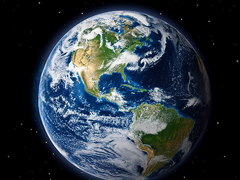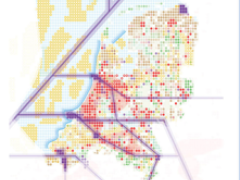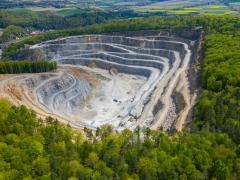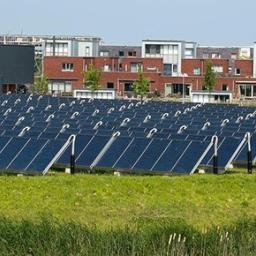Making Peace With Nature
Since the adoption of Sustainable Development Goals in 2015, a range of Global Environmental Assessments have been published, providing policymakers with a knowledge base to address global environmental challenges. A new report by the United Nations Environment Programme (UNEP) synthesises the latest scientific insights from these assessments. It communicates the current state of climate, biodiversity and pollution crises and offers opportunities to solve them and open up a pathway towards achievement of the Sustainable Development Goals by 2030.
The report compiles main insights from over 10 major assessments, including reports from the Intergovernmental Panel on Climate Change (IPCC), the Intergovernmental Science-Policy Platform on Biodiversity and Ecosystem Services (IPBES), the International Resources Panel (IRP), the 6th Global Environment Outlook of the United Nations Environment Programme (UNEP), the Global Land Outlook of the United Nations Convention to Combat Desertification (UNCCD) and the Global Sustainable Development Report (GSDR).
Environmental change put SDG achievement under pressure
The world is dealing with three critical environmental crises. Current trends are expected to lead to a warming of at least 3 °C, by the end of this century; more than 1 million of the estimated 8 million plant and animal species are at substantially increased risk of extinction; and diseases caused by pollution are currently killing some 9 million people prematurely, every year. Environmental changes are undermining hard-won development gains by impeding progress towards achieving many of the Sustainable Development Goals, including ending poverty and hunger, reducing inequalities and promoting sustainable economic growth, work for all and peaceful and inclusive societies.
Integrated challenges require synergistic solutions
The report shows how climate change, biodiversity loss and pollution interact and have common causes, and therefore can only be effectively addressed together. Development and implementation of goals, targets, commitments and mechanisms under key environmental conventions, thus, need to be aligned to become more synergistic and effective.
Lessons for the Netherlands
An earlier PBL synthesis of assessments drew similar conclusions, as well as lessons for the Netherlands. Among other things, in its earlier synthesis report, PBL concludes that the Cabinet needs to forge closer links between policy agendas for the transition towards a sustainable energy system, circular agriculture and a circular economy. In addition, more attention needs to be paid to the external footprint and changes in consumption.
Authors
Specifications
- Publication title
- Making Peace With Nature
- Publication subtitle
- A scientific blueprint to tackle the climate, biodiversity and pollution emergencies
- Publication date
- 18 February 2021
- Publication type
- Report
- Publication language
- English
- Product number
- 4377



